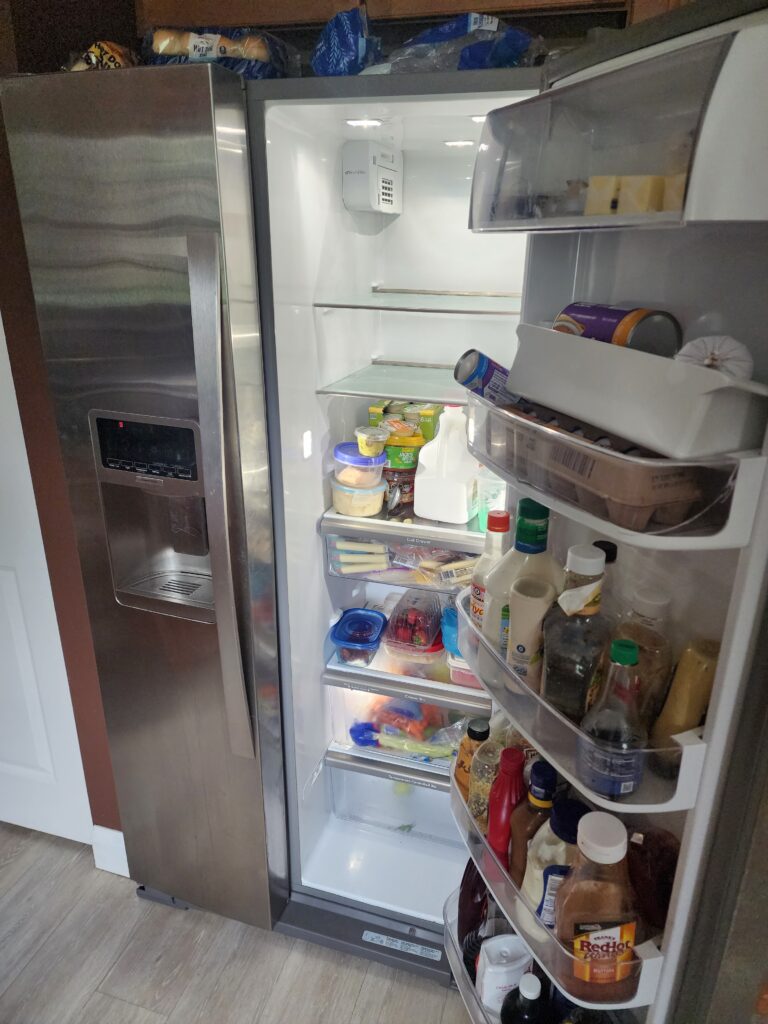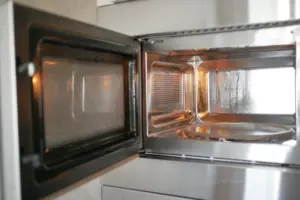Refrigerators are a cornerstone of modern kitchens, essential for preserving food and beverages at safe temperatures. Given their importance and cost, understanding their lifespan can help homeowners and businesses plan for maintenance, repairs, or replacements effectively. When it comes up to how long do refrigerators last, you need to look into multiple factors such as age, usage, and more. Various factors influence how long a refrigerator lasts, from its type and usage patterns to maintenance practices and technological advancements.

Factors Influencing Refrigerator Lifespan
1. Type of Refrigerator:
Refrigerators come in different types, including top-freezer, bottom-freezer, side-by-side, French door, and specialty models like built-in or counter-depth units. Each type varies in construction and features, which can impact longevity. For instance, built-in refrigerators are often designed with higher-quality materials and may have longer lifespans compared to standard models.
2. Quality of Construction:
The build quality of a refrigerator significantly affects its durability. Models made from stainless steel or high-grade materials tend to be more robust and less prone to wear and tear over time. Conversely, refrigerators constructed with cheaper plastics or thin metal panels may degrade faster, impacting their longevity.
3. Brand and Model:
Brand reputation and specific model design also play a role in determining how long a refrigerator lasts. Some brands are known for producing appliances with superior longevity due to their rigorous quality control standards and use of durable components. Researching consumer reviews and expert assessments can provide insights into which brands and models tend to have longer lifespans.
4. Usage Patterns:
The frequency and manner in which a refrigerator is used can affect its lifespan. High usage, such as frequent door openings or overloading shelves with heavy items, can strain the refrigerator’s components and lead to premature wear. Conversely, proper usage and maintenance, such as regular defrosting, cleaning of condenser coils, and ensuring adequate ventilation around the appliance, can extend its lifespan.
5. Environmental Factors:
Environmental conditions also impact refrigerator longevity. Extreme temperatures, humidity levels, and exposure to direct sunlight or moisture can affect how well a refrigerator operates over time. Placing a refrigerator in a location with stable temperatures and minimal exposure to humidity fluctuations can help prolong its lifespan.

Average Lifespan of Refrigerators
While the lifespan of a refrigerator can vary widely based on the factors mentioned above, industry estimates provide a general guideline:
1. Standard Refrigerators:
Standard refrigerators typically last between 10 to 20 years. This range can vary based on the factors mentioned earlier, with well-maintained models from reputable brands often reaching the upper end of this spectrum.
2. Built-in or High-End Refrigerators:
Built-in refrigerators, often found in luxury kitchens or customized cabinetry, are designed for longevity and can last 15 to 20 years or more with proper care. These models often feature robust construction and advanced technologies, contributing to their extended lifespan.
3. Compact or Specialty Refrigerators:
Compact refrigerators, such as those used in dorm rooms or offices, generally have shorter lifespans of around 5 to 10 years. Their smaller size and simpler construction may result in quicker wear and limited durability compared to full-sized models.

Signs Your Refrigerator May Need Replacement
Recognizing when a refrigerator is nearing the end of its lifespan or experiencing significant issues can help homeowners and businesses plan for timely replacements:
1. Reduced Efficiency:
A noticeable increase in energy consumption without a corresponding change in usage habits could indicate that the refrigerator’s components are wearing out, leading to reduced efficiency.
2. Frequent Repairs:
If a refrigerator requires frequent repairs, especially after it reaches 8 to 10 years old, it may be more cost-effective in the long run to invest in a new, more reliable model.
3. Noisy Operation:
Unusual or loud noises, such as rattling, buzzing, or grinding sounds, may indicate mechanical issues within the refrigerator that could lead to a breakdown if left unresolved.
4. Temperature Inconsistencies:
Difficulty maintaining consistent temperatures or frequent thawing of frozen foods despite proper settings and maintenance may signal internal issues with the refrigerator’s cooling system.
5. Visible Wear and Tear:
Cracks in the interior lining, rust on exterior surfaces, or broken door seals can compromise the refrigerator’s insulation and efficiency, indicating it may be nearing the end of its usable lifespan.

Conclusion
In conclusion, the lifespan of a refrigerator depends on several factors, including its type, construction quality, brand, usage patterns, and environmental conditions. While general estimates provide a framework, individual experiences may vary based on maintenance practices and the specific model chosen. Regular maintenance, proper usage habits, and prompt repairs can all contribute to extending the lifespan of a refrigerator, ensuring it continues to function efficiently and reliably for many years. Understanding these factors can help consumers make informed decisions when purchasing, maintaining, or replacing this essential kitchen appliance.


